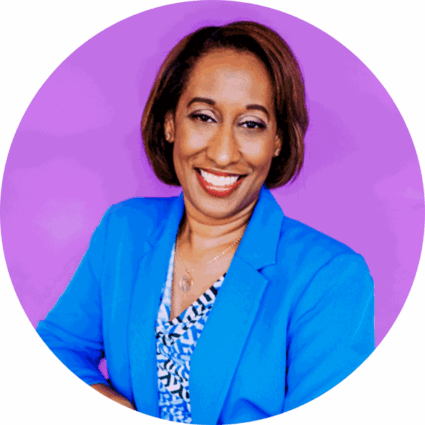Women's Fund Expands Public Policy Role
By Kara Schweiss
Photo by Ariel Panowicz
Thirty-five years ago, a small group of leaders established the Women’s Fund within the Omaha Community Foundation through a grant from the Ford/MacArthur Foundation. In 2001, the Women’s Fund of Omaha became an independent 501(c)(3) charitable organization.
“This year, we’re excited to announce a new entity—Lead the Change Fund—a 501(c)(4) to further the core mission of the Women’s Fund through enhanced advocacy abilities,” said Jo Giles, executive director for the Women’s Fund. “For 35 years, we’ve been doing this generational work of focusing on leadership, economic security, freedom from violence, sexual health and literacy through research, grantmaking, collaboration amd community impact. We know our gender equity work is needed more than ever.”
The Women’s Fund mission is “to boldly advance community-driven actions to innovate, advocate and shift systems toward gender equity.” The mission is propelled forward by bold policy advocacy efforts.
The Women’s Fund has been actively engaged in public policy and advocacy for about 10 years. They have participated in several ballot initiatives over those 10 years, including Nebraskans for Responsible Lending, Medicaid Expansion, Raise the Wage, Paid Sick Leave and Protect Our (Abortion) Rights.
“Forming an entity like Lead the Change Fund allows more flexibility for our organization to continue to engage in those activities. The focus of the new Fund will be voter engagement. More voter awareness enables us to do some organizing work and to do more ballot initiative work in the years to come. And a key function is unlimited advocacy.”
There are benefits to operating the Women’s Fund as a (c)(3) and Lead the Change Fund as a (c)(4), Giles said.
“The advantage of the Women’s Fund is to continue to build on our organization’s 35-year history, which we’re celebrating this year. A core function of the Women’s Fund is leading research on issues impacting women and girls, funding solutions through our grantmaking in the community and collaborating with community partners who are working on systemic changes,” she explained. “When we add Lead the Change Fund, it gives our team the freedom to take that next step in the work of public policy change, through ballot initiatives, through voter education and awareness, and through organizing work.”
Giles added that the efforts of the Women’s Fund, in turn, will not be compromised.
“Nothing will change about the work of the Women’s Fund. We still have our core mission, our vision, our values,” she said. “Internally, in terms of our team, some of the Women’s Fund staff will split some of their time and expertise on Lead the Change Fund projects.”
Giles said she expects many Lead the Change Fund supporters to also be Women’s Fund supporters.
“In terms of who’s expected to support the Lead the Change Fund, it would really be any individual who is excited about the potential of progress through public policy and the impact that can have on the lives of those experiencing gender-based oppression in our community,” she said. “A key difference between the two entities is that if you give to the Women’s Fund, it is a tax-deductible donation. If you give to Lead the Change Fund, it is not. People might want to give to both; people might want to give to the Women’s Fund for the tax-deduction and also because they support the mission and vision and the work that we do, and they may also want to support Lead the Change Fund, too, because they believe in the accessibility and the promise of public policy initiatives.”
Among Lead the Change Fund’s first activities will be launching a four-part civic engagement series this fall. (Tickets on sale now at LeadTheChangeFund.org/Events)
“The idea behind it is to encourage community conversation about civic engagement issues related to our democracy, to recognize and realize that we as Nebraskans are very similar in the values that we hold in terms of economic freedom and hard work and common-sense policy solutions that support everyone’s ability to reach ‘the good life,’” Giles said. “We want people to be encouraged to think about their values and then to vote for their values. This is not designed to be partisan, it’s not intended to be anything about a candidate. It’s more about, ‘How are we building the state that we want to live in through public policy?’”
Lawyer and former Georgia State Representative Stacey Abrams will be the first speaker on November 11 and will focus on the topic of democracy and elections. On March 3, 2026, national data equity scientist Katica Roy will talk about gender equity. Next will be a youth-led discussion in June 2026 on civic engagement and civil disobedience, followed by a September 2026 event focusing on understanding policy issues that will be on the ballot. W

